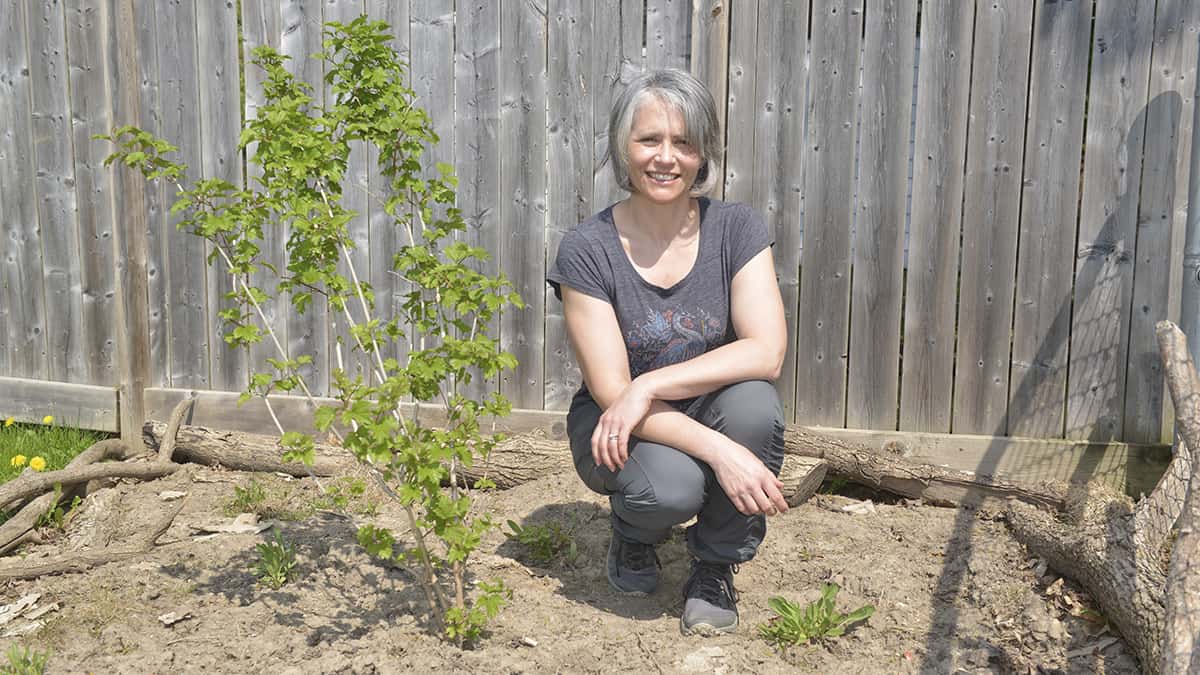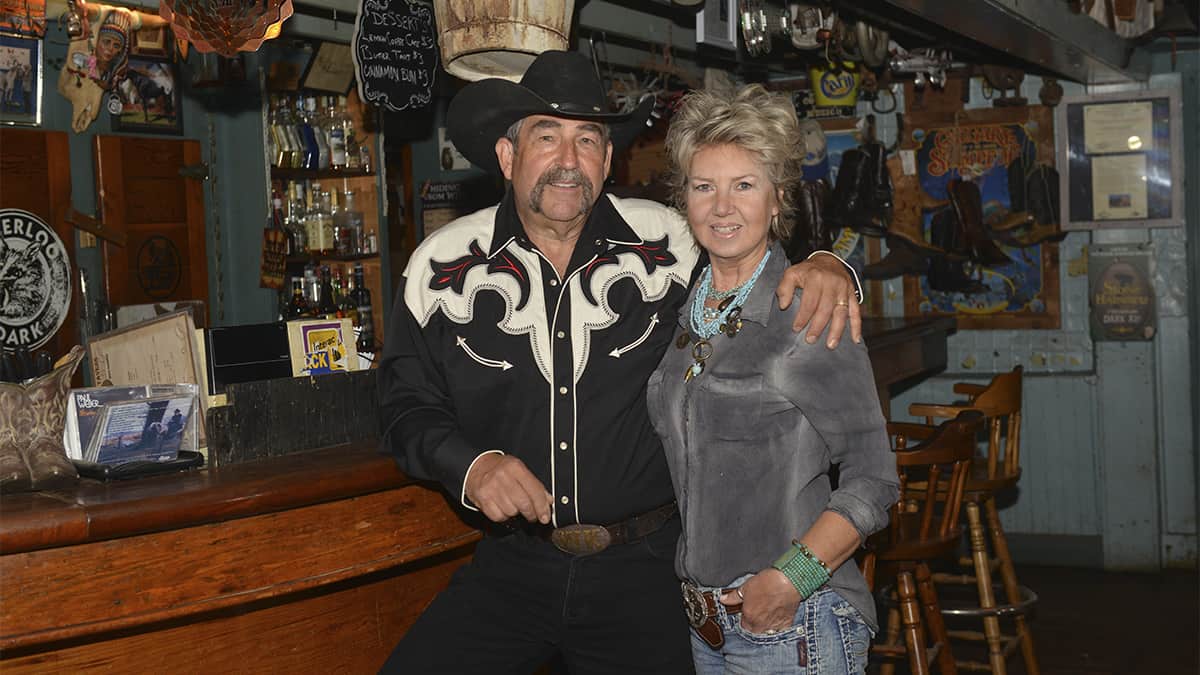The ambitious greening plan at Elmira’s John Mahood Public School has caught the eye of the David Suzuki Foundation, which has the work being done there as one of the nominees for the organization’s new Future Ground Prize.
The long-term project to change the face of the schoolyard is one of five finalists in the youth-led category, along with 10 in the main contest. There were 135 submissions for the Future Ground award, which recognizes community initiatives in Ontario actively building a green and just future.
At John Mahood, students have fashioned a pollinator garden, a rain garden, planted native food-garden seeds and formed an eco club. The goal is to encourage biodiversity and provide children with a direct connection to nature, says Grade 4/5 teacher Michele Smith, who is spearheading the efforts.
“We’re building a rain garden, which is where it all started from the school yard is pretty swampy, so the students end up on the tarmac for a bulk of the school year, because it’s just too wet – it’s not draining properly. So we’re putting a rain garden in. It’s in the initial stage, but we’re hoping to work that into a larger area that will channel the water into the ground. And we’ll put some native plants in there as well that are pollinator friendly plants, so that we can be increasing our biodiversity at the school at the same time,” she explained of some of the work being done at the school.
“As well, we’ve been working with an indigenous organization called White Owl Native Ancestry Association, and they have been helping me to plan an indigenous food garden so that we can focus on some native seeds, and sustainable harvesting and resources.”
Beyond the school itself, the students have been working with the Jane Goodall Institute on a biodiversity project that looks at community mapping to identify the need for future ecological work.
“We’re looking to pathways into the school grounds to connect to the forest and through the property, and then have various outdoor learning areas with different types of focuses, so that we can, first of all, put biodiversity back into the ground, but also being able to use it as different outdoor classrooms as well,” said Smith.
“We’re really just trying for a community focus in this so that it becomes a kind of a hub of sustainability.”
While the pace of the work in the schoolyard has slowed significantly in the past year due to the pandemic, some progress is getting made, she added. The goal is to have a number of projects lined up for the next year when students are expected to return to their classrooms and something closer to a regular schedule.
The nomination for the Future Ground Prize is a nice bonus in all of this, said Smith.
Jury deliberation and public voting on the 10 grand prize and five youth prize finalists will be open from June 1 to 15. The winners announcement will take place on June 16 at a virtual event with David Suzuki and other special guests.
“It’s meant to give a boost to groups doing this work,” said Megan Hooft of the David Suzuki Foundation of the impetus for the new award grants of up to $5,000.
The Future Ground Prize is modelled on a similar program introduced in Quebec seven years ago, she said.
“This contest is our way of supporting community champions who are making the biggest impact and inspiring others to follow suit in whatever ways they can.”
That 135 submissions were received from all over Ontario indicates there are many grassroots environmental organizations at work, she noted.
With so many, it was a big job to pick the 15 finalists. The John Mahood project stood out for its comprehensive nature, said Hooft.
“They had a real plan, and the impacts carry on beyond the initial grant money,” she said, noting the school’s projects are both practical and educational. “They checked a lot of boxes.”
More information about the Future Ground Prize can be found on the organization’s website, www.davidsuzuki.org. Online voting runs from June 1 – 15.









